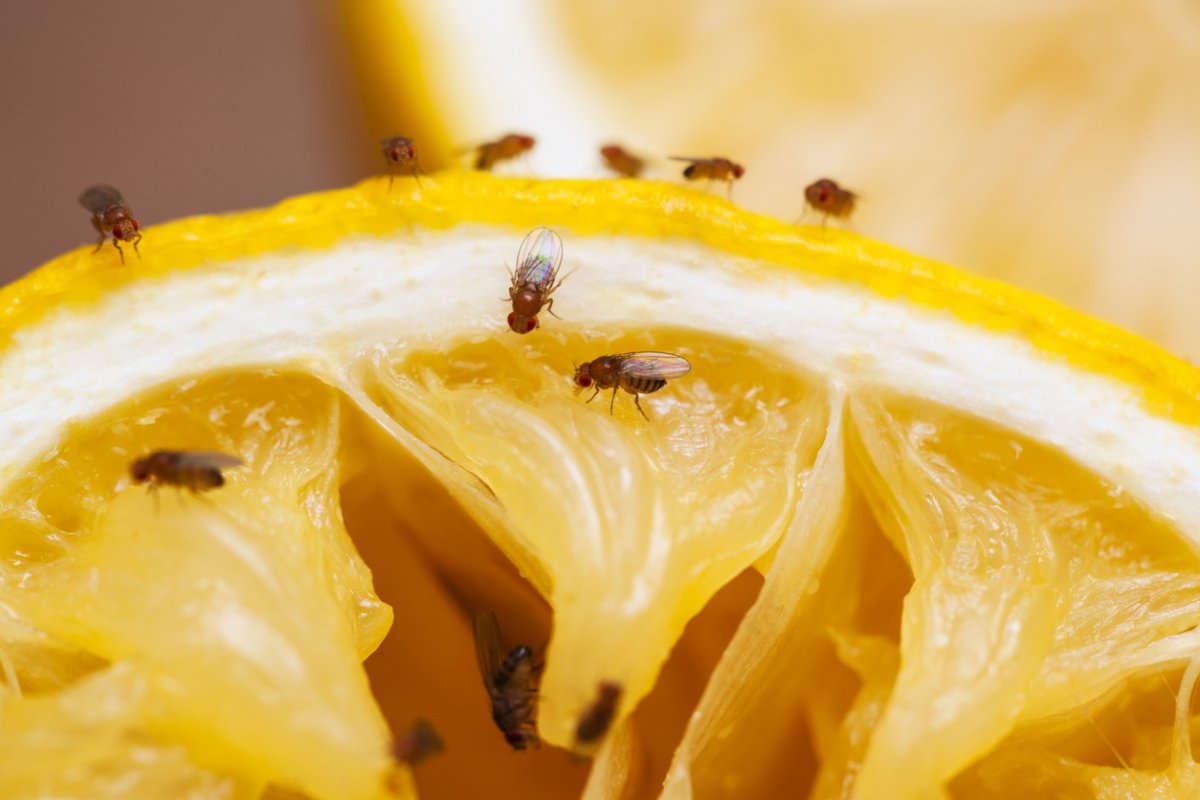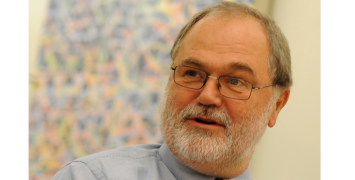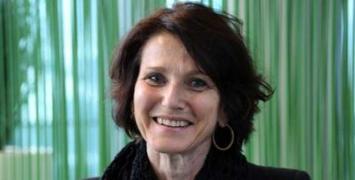An imperative to communicate

Sarah Palin briefly rose to fame as a US Vice-Presidential hopeful in 2008, but to infamy for her comments about fruit flies. "You've heard about some of these pet projects, they really don't make a whole lot of sense and sometimes these dollars go to projects that have little or nothing to do with the public good. Things like fruit fly research in Paris, France. I kid you not.” she commented, thereby exposing her ignorance of how scientific research proceeds. Fruit fly research has a great deal to do with public good, of course, as a model organism – that breeds fast – that allows ideas to be developed and tested which may turn out to be relevant to human health and biology. However if Palin doesn’t care enough about science to check her facts, it nevertheless was a message she had the power to communicate loudly to the public.
Scientists need to make sure they communicate as vociferously as an ill-informed politician about their research, what they are doing and why. Not all scientists are cut out to do this, of course. But those who care about the wider public’s understanding and have the skills and charisma to communicate these – in the media, at science festivals, over the internet or in books – should do so whenever they can.
There is real benefit for the scientist in finding their voice and speaking up
That argument gives the moral case that I believe is hugely important, but of course that might be seen as simply idealistic or too altruistic for some. Nevertheless, there is real benefit for the scientist too in finding their voice and speaking up, albeit it may be necessary that the voice they find is not the same as the one required for writing for a formal journal publication. One of the things that personally I loved as soon as I spread my wings and started blogging about my life in science and writing for mainstream media was the freedom (even necessity) to write in the active – not passive – voice as well as the chance to use linguistic devices effectively banned in writing for the academic press. Others may find the joy of interacting with an audience, be they children or senior citizens or anything in between, is what gets their adrenalin going. We all have different strengths and personalities and we should find out what works for ourselves.
I believe strongly that, not only should we – as an academic tribe – be able to convince the public that their money being spent on fruit flies, gravity waves or archaeology has relevance to their own lives, but that they should also understand how science is done. This would help them appreciate why it is a model system such as a fruit fly is a good testing ground, why hypothesis-testing matters and why science is inherently international and collaborations benefit everyone.
 A model system such as a fruit fly is a good testing ground
A model system such as a fruit fly is a good testing ground
However, in this dismal era of fake news, it is also important they understand why cherry-picking evidence about MMR vaccinations or climate change is not only wrong but dangerous. There may be, as the UK’s former prime minister Benjamin Disraeli is alleged to have said ‘lies, damned lies and statistics’, nevertheless statistics may upon occasion be a vital resource to understand what is going on. That too many of our policy-makers don’t understand when a study is or is not valid is to the detriment of us all. We can and should do better in explaining what we love and what we get up to. We cannot blame politicians for misunderstandings if we do not work with them to showcase the how and why of what we do.
For more musings on science and other interesting topics, visit Dame Athene Donald's blog





